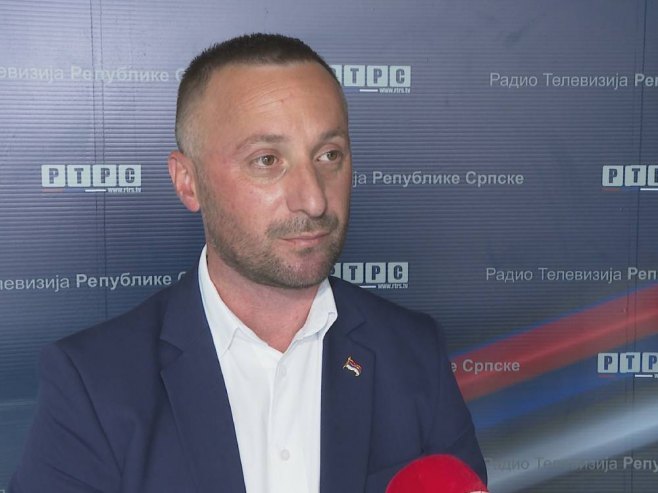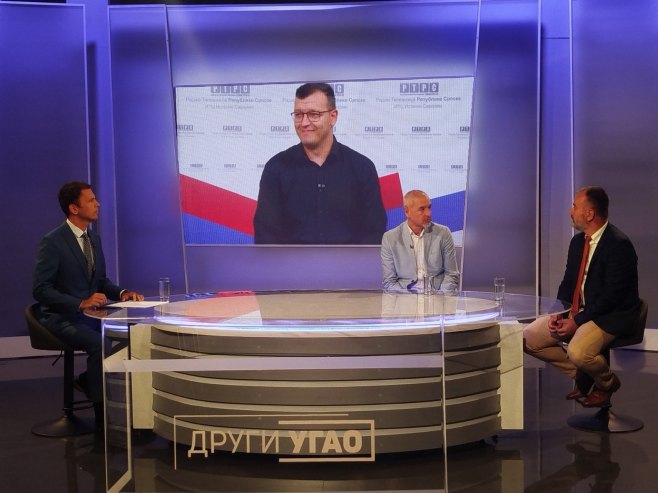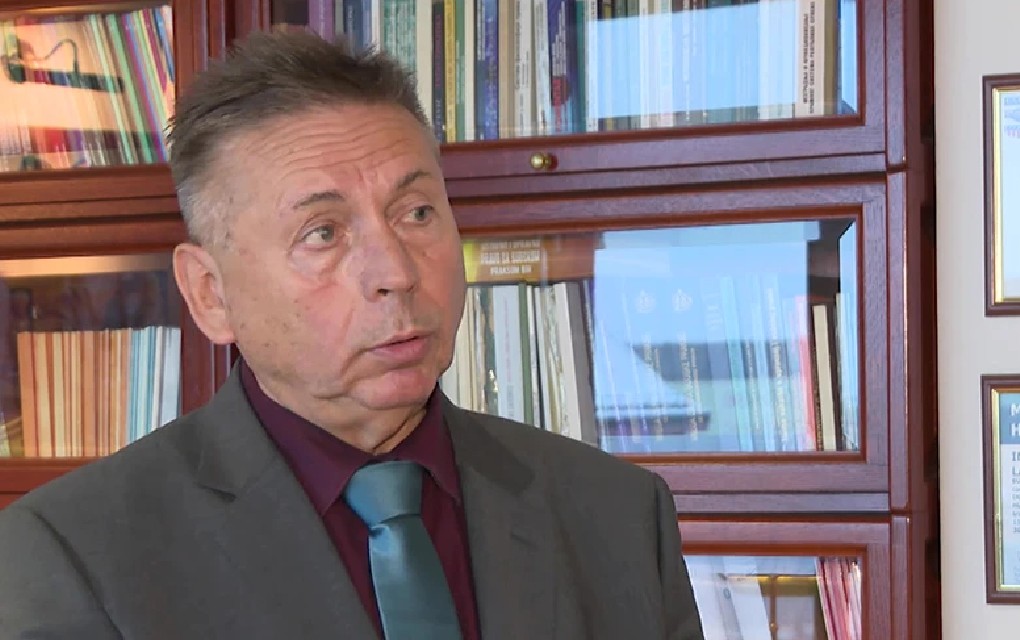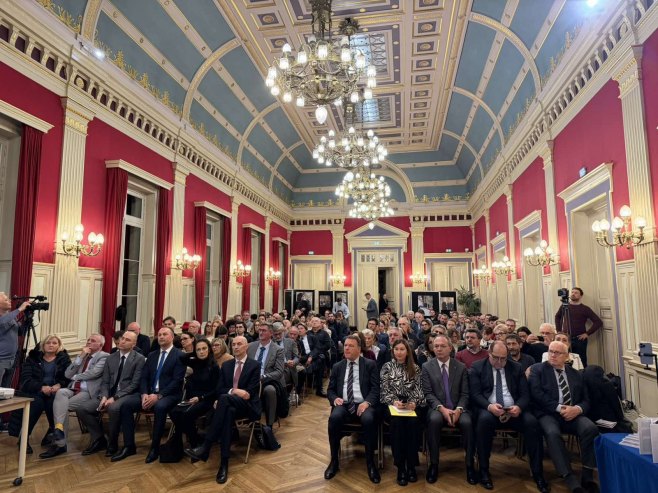Following the verdict against the President of Republika Srpska and the attempt to remove the legitimately elected head of Srpska, a legitimate question arises: Is the will of the citizens who gave their legitimacy to the president in the elections being denied? By the same principle of “communicating vessels,” the legitimacy of the Government of Republika Srpska is now being challenged as well, concluded the guests of the show “Drugi ugao” (Second Angle).
They emphasized that in the global realignments, the interests of East and West collide in this region, which is why Russia’s open support for Srpska—once again loudly expressed in Moscow last week—is of great significance.
The attempt to dismiss the president of Srpska is a clear act of discrediting aimed at weakening his position, said international relations expert Luciano Kaluža.
“The lack of support Western powers have within their own people is easily offset through manipulations imposed on surrounding states. Support for their leaders is minimal. In the new type of relations, Republika Srpska is the target. The fact that President Milorad Dodik has 60% support shows that the people back their leader. That’s why mechanisms are being sought to weaken his influence,” Kaluža said.
Economist Saša Stevanović noted that geopolitical turbulence strongly affects small economies like ours, but that resilience has been demonstrated since 2020.
“Since 2020 there have constantly been pressures and tensions, but the good thing is that we have continued with the same policies, and growth has been stronger than before. Economic measures were directed at businesses and families. While EU activity slowed, ours grew. If we continue these policies, instability will not be felt as much. The data are good—exports have risen, jobs have been preserved, and we have adapted successfully. In a turbulent period, it is crucial to hold onto traditional values and not follow foreign dictates,” Stevanović stressed.
Political scientist Filip Matić argued that the key question is how to function in the post-Dayton period, given the destructive forces at play in Bosnia and Herzegovina.
“It’s not just about Christian Schmidt, who is illegal, but also about a series of legal decisions and acts, and a ‘spider’s web’ outside the law. Beyond legal violence, something deeper is happening—an attack on the foundations of basic consensus. We are entering a risky field for negotiations, with attacks on institutions under the claim that they are illegitimate. It’s clear this is an assault on all institutions,” Matić said.
Source: RTRS









